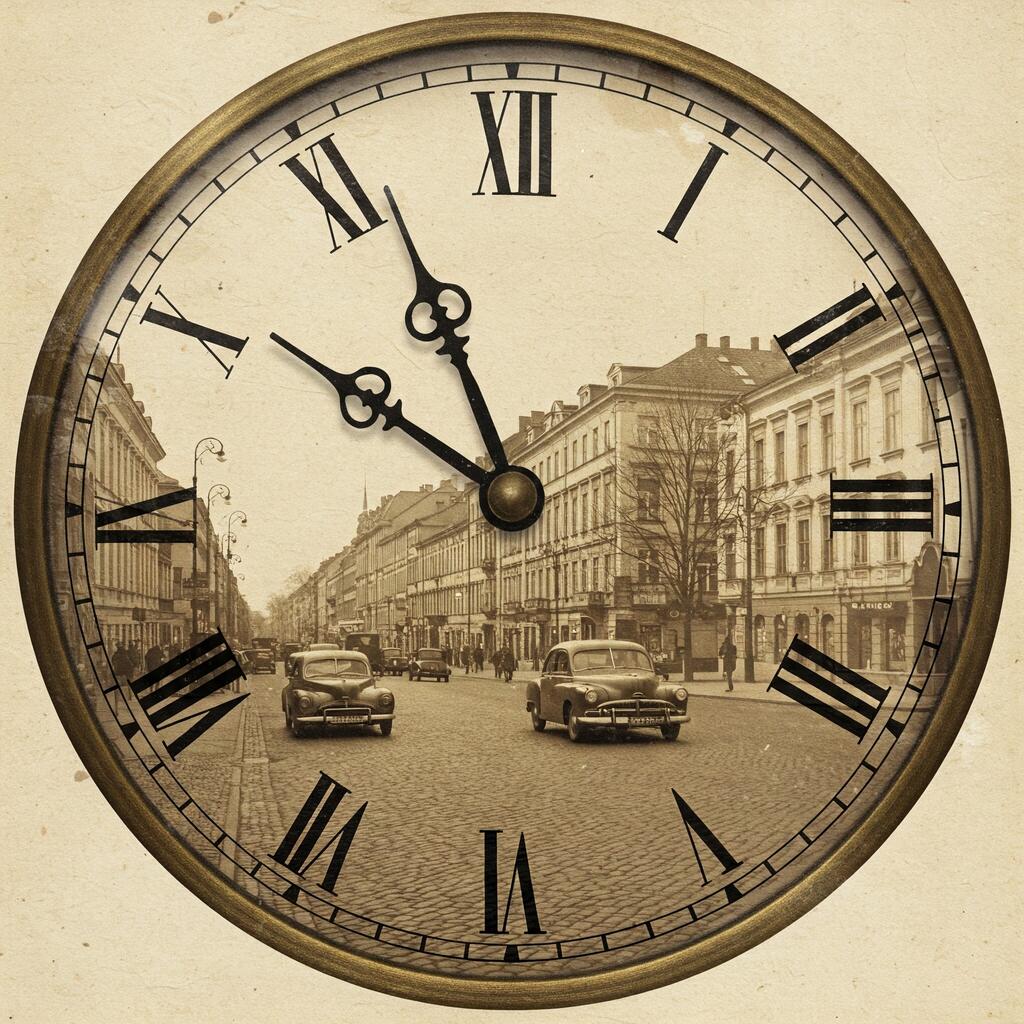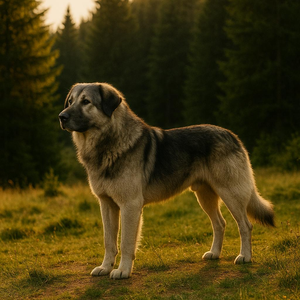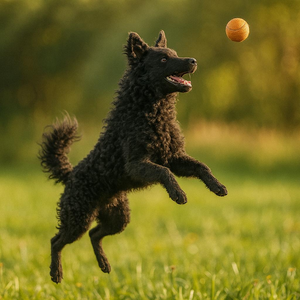
Better When Worse: Nostalgia for Harder Times?
My boiler at home, the one that produces hot water and heating, has broken down. It takes several days to get it fixed or changed, it's an old model, outdoor and built-in. They say they don't make them like that anymore. Anyway, that's not why I'm writing.
All this made me think back to my childhood, when these things didn't exist. Yet it is not so long ago, but thinking back today, in the light of all the technology we have, it seems medieval.
I was born in a typical country village, close to the city. I remember, however, that when I was little there was no water network, so we had no water in the house. There were wells where we went several times a day with buckets to fetch the water we needed for everything from personal hygiene to cooking.
To do laundry, no washing machine, but the public wells where all the women in the village went to wash their clothes. Now thinking back, it really does seem that that had been a hard life.
And perhaps on the one hand it was so because we didn't have water in the house, we didn't even have bathrooms, understood as today with a toilet, bidet, sink and bathtub, but small closets with a hole and newspaper instead of toilet paper, which was still unknown in the country.
When they finally brought the water supply to the village, my father was one of the first to take a bath as we understand it today. I still remember that several families came to see him. Yes, life was more difficult than it is today.
Today we have so many appliances that do so many things that only 50 years ago a woman had to do without any help. And even then women worked, they were not just housewives, maybe not all of them but most of them were.
If you didn't have a real job in the country, you got busy, in the vegetable garden, in the fields, or with small knitting, crocheting or embroidery jobs. It was the people, however, who were different. Very different from how it is today.
I can only talk about country life, I've never lived in the city and maybe in the city people were not like in the country. In the country we all knew each other and there were so many things we shared.
Houses were open to everyone, we children went from one house to another without the need for invitations, and it was like that for adults too. I remember when the first television set arrived in the small village where I was born.
You could say that everyone had a radio, but television was really a great novelty, even though we all knew what it was, updated by the people where it had arrived a little earlier. The home of the lucky owner of the first television set became everyone's home. The kids would gather there at 5 o'clock when the kids' TV started.
Adults in the evening after dinner to watch a film or a show or even just the news. This lasted until someone else could buy a TV set, but in this family's house, everyone was welcome.
In the summer evenings after dinner we would sit in the farmyard with the deckchairs and the adults would chat about this and that and we kids would play with the sheaves of grain or hide and seek. And almost every evening someone would bring watermelon, which we would share among all of us.
In winter, always after dinner, the whole family would move to another house in turn and we would sit around the fire (everyone had a wood-burning stove or a fireplace back then) and eat frugiate and the adults would drink hot wine spiced with cloves and cinnamon. And even then you would bring something, a piece of focaccia, a piece of fruit, or some biscuits.
I loved those evenings because our grandparents always told us stories that were quite scary, but which we asked them to tell us over and over again. There were also other occasions when the whole small community got together.
For example, on 15 August, the stream that passed near our houses was diverted to catch lots of small fish that were then fried and eaten by everyone on tables placed in the farmyard with benches. Another time the water from the gora that brought water to the mill was diverted and the men brought out many beautiful eels, which were cooked and eaten all together.
Being a farming context, life was marked by the seasons. There was the time of sowing, harvesting, the vegetable garden, threshing wheat, the grape harvest, etc. etc.
For small children like I was, all the periods were really exciting. But the most exciting of all was the day of the wheat threshing.
Here came this huge machine that separated the grains of wheat from the rest. The wheat grains would go into jute bales and afterwards taken to the mill. The rest was straw and was stored in the barns to serve as food for the pack animals or for work in the winter.
In the morning we were woken up by the rhythmic noise of this machine, which was very loud, and dressed at the worst and without even having breakfast we ran into the farmyard to see the machine, this monstrosity that partly frightened us and partly fascinated us.
And so the day went on, with the neighbouring peasants coming to help, bringing along old people and children. Around midday, in a corner of the farmyard, improvised tables were set up and we all ate together, pasta with meat sauce and meat on the grill with mountains of vegetables and roast potatoes.
It was truly a beautiful feast that ended in the evening with dinner on the threshing floor and a late wake. Even we children were allowed to stay up late on that occasion and we had fun hunting for fireflies, which we would put under a glass when we got home, and in the morning we would find money instead of fireflies.
Another good day was the grape harvest. On this occasion too, neighbouring farmers would come to help, as we did in turn. So we would leave home with a nice wicker basket and a pair of scissors.
We would enter a row and fill the basket with bunches of grapes. In the meantime the cart would arrive with the vat carried by two oxen, and every time we had the basket full we would go to the vat and empty it inside.
Always at midday we would eat in the threshing floor all together, and once the harvest was over, we small children would go barefoot into the vat and press the grapes. It was great fun.
This was also a party that lasted all day, and the next day we would go to some neighbours and start again.
It would come to the olive harvest, but this was not one of my favourite times. You usually start picking olives in November and at that time when it was not raining it was cold. I remember my hands getting numb after a while. When you got home you would rush to the stove to get warm.
But then the fun began. We would all gather around a table where the olives were placed a little at a time and all the leaves and stalks of the olives had to be removed.
Then our grandparents would tell us stories that we would listen to raptly even though we already knew them, but we would never get tired of hearing them. Winter is quite a sad season in the countryside. It gets dark early, it rains and forces us kids to stay indoors.
The good thing was that in the country the houses were often very big and we children and teenagers always had a room where we could bring our toys and all play together, after doing our schoolwork and until dinner time. Rooms were usually cold, there was no heating back then.
In the kitchen there was the wood-burning cooker that served both for heating and cooking. In the good living room there was the fireplace, which was lit only very few times a year, usually for Christmas.
In the other parts of the house there was nothing. But we kids didn't care, as long as we could play. All these memories belong to the late 1950s early 1960s. But already a few years later everything started to change.
The arrival of plumbing, the first electrical appliances, the telephone, which slowly spread to every home, and us kids, once we finished primary school in the village, started secondary school in the city where everything was a bit different, in some ways very different.
Some things remained the same for a few years. The grape harvest, the threshing of grain, the village festivals, and people helping each other, the vigils and friendships, then slowly everything started to change and people began to lead more lives on their own.
The old people, who were the ones who carried on the old traditions, began to disappear and the children did not renew those traditions. With the arrival of cars, we became even more distant from each other. And although we still cultivate a few friendships from when we were children, we see each other more and more rarely caught up in the hectic life we are forced to live today.
And it is strange to think that all the technology that helps us to do so many things and so we should have more time to devote to ourselves and others, instead helps us to isolate ourselves more and more. Even close relatives, uncles, aunts and cousins that we used to see very often, now we only see each other at weddings or christenings or funerals.
And every time we look at each other and say, ‘we must all get together one evening like we used to,’ but who knows why we don't. Everyone goes back to their own life, their own problems, and as the old people die, who are the ones who still act as the glue in the families, we start missing some weddings, some baptisms, and maybe we only meet at some funerals.
And we discover children of cousins that we didn't know, families that were formed without us knowing anything about them, and when we find ourselves like this, it always makes us feel a little sad and want to think back to what life was like so many years ago and maybe tell the young people about it, because it seems to me that the young people of today are missing something.
Something that we had in abundance and that we really lack now, the desire to be together, to help each other, to support each other, to rejoice in the good things together and to console each other for the bad things.
And then you think that even you are not doing anything to bring back that way of life, you come up with a thousand justifications, that people are selfish and can only think of themselves. But after all, we have got used to looking only in our own little garden and not giving a damn about the neighbour's.












